Rohingya Refugees: Aid agencies seek $920m for this year
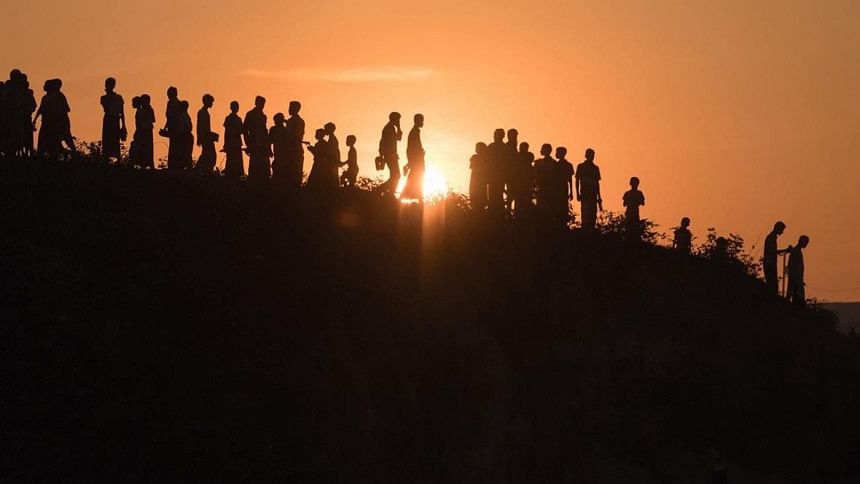
The United Nations aid agencies and NGO partners yesterday launched a Joint Response Plan, seeking $920 million to meet the needs of over a million Rohingya refugees and vulnerable Bangladeshis in Cox's Bazar.
The fund will be used for over 900,000 Rohingyas and 330,000 Bangladeshis.
"Our humanitarian imperative today is to stabilise the situation of stateless Rohingya refugees and their Bangladesh hosts. We are hoping for timely, predictable and flexible contributions in order to meet the goals of this year's appeal," said the UN High Commissioner for Refugees (UNHCR) Filippo Grandi.
He also called for Myanmar to take urgent action to address the root causes of the crisis which have persisted for decades, so that people are no longer forced to flee and the refugees can eventually return home in safety and dignity.
The JRP is launched at a time when conflicts between Myanmar military and Arakan Army have been escalating since early January.
More than 745,000 Rohingya refugees have fled from Myanmar's Rakhine State to Bangladesh since August 2017, escaping violence and joining roughly 200,000 other refugees already displaced by previous cycles of violence.
"We encourage countries in this region and beyond to show solidarity with Bangladesh and to support Myanmar to start creating conditions for voluntary, safe and dignified return of Rohingya refugees," Grandi said in Geneva, according to a joint statement of the UNHCR and International Organisation for Migration (IOM).
With the generosity and support of the Bangladeshi authorities and local communities, who were the first to respond to the emergency, critical needs were met and many lives were saved. Last year, international donors contributed $655 million which was 69 percent of the $950 million requested under the JRP.
IOM Director General António Vitorino said, "Moving forward, we reiterate our commitment to meeting the dire needs of this population and urge the international community to support these efforts."
The 2019 JRP sets out a comprehensive humanitarian effort shaped around three strategic objectives.
By bringing together 132 partners -- UN agencies, international and national NGOs and government bodies in a collective effort -- the Plan aims to deliver protection to refugee women, men, girls and boys, provide life-saving assistance and foster social cohesion.
Critical aid and services such as food, water, sanitation and shelter represent more than half of the funding needs this year. Other key sectors of the appeal include health, site management, protection activities including child protection and addressing sexual and gender-based violence, education and nutrition.
Over the past 12 months, the environmental impact of the influx has been reduced, the prevalence of acute malnutrition, at emergency levels in late 2017, has now dropped from 19 percent to 12 percent, officials said.
Besides, food security has improved, immunisation coverage has grown to 89 per cent, and delivering of babies in health facilities has risen from 22 per cent to 40 per cent. Despite the progress, Rohingyas remain in an extremely precarious situation and need sustained support, the plan said.
"Support must be provided to the Bangladeshi authorities to meet the needs of refugees and the host communities," the UN Refugee Agency said.
For example, the entire refugee population received basic emergency shelter kits to cope with the rainy season in 2018, but safer and more robust shelters are now required.
Around 860,000 refugees regularly receive food assistance, yet only 240,000 are able to diversify their diet beyond the minimum package of rice, lentils and oil. These resources must be expanded to ensure their nutrition and health.
Oxfam, Save the Children and World Vision said education and income-generating opportunities must be top priorities for the nearly one million Rohingyas and called on the international community to generously fund the JRP.

 For all latest news, follow The Daily Star's Google News channel.
For all latest news, follow The Daily Star's Google News channel. 

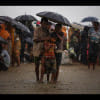

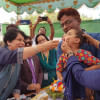
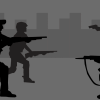
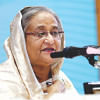


Comments